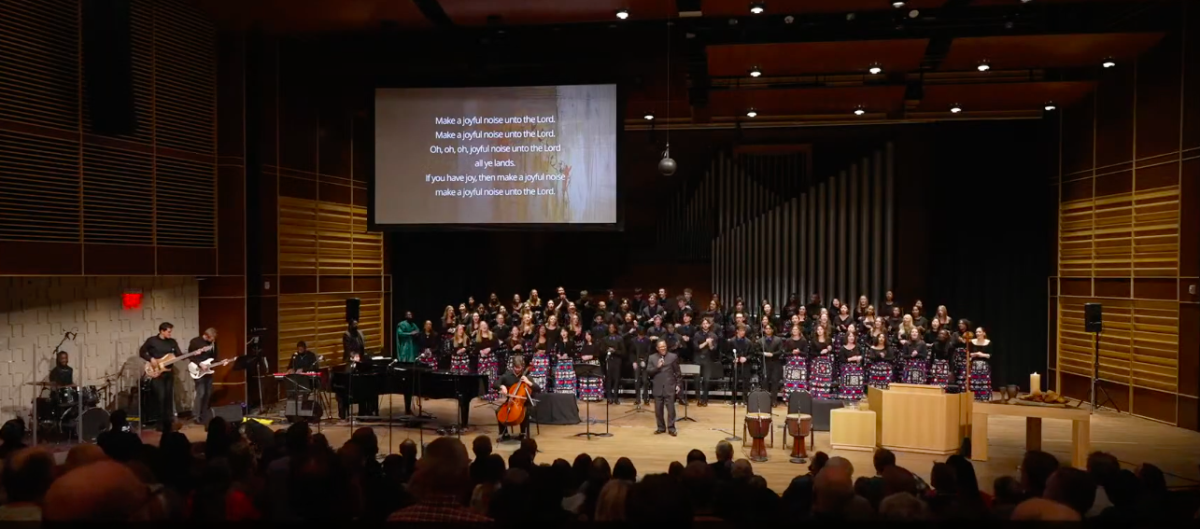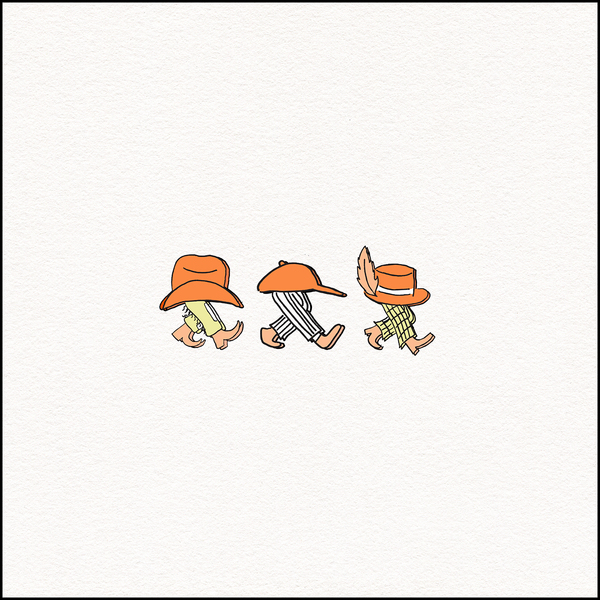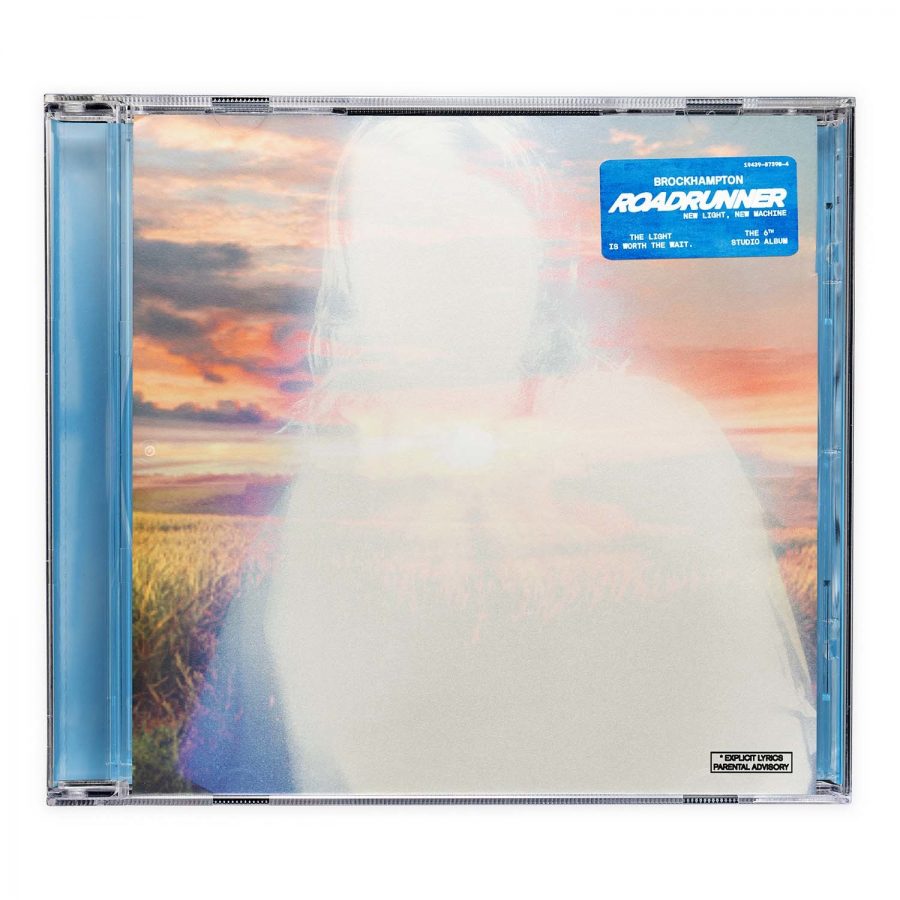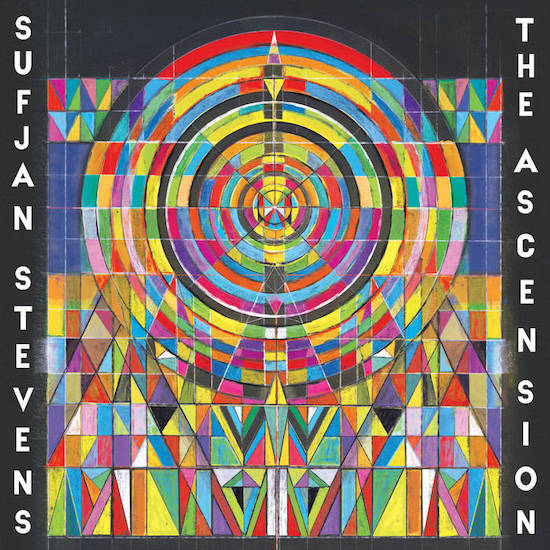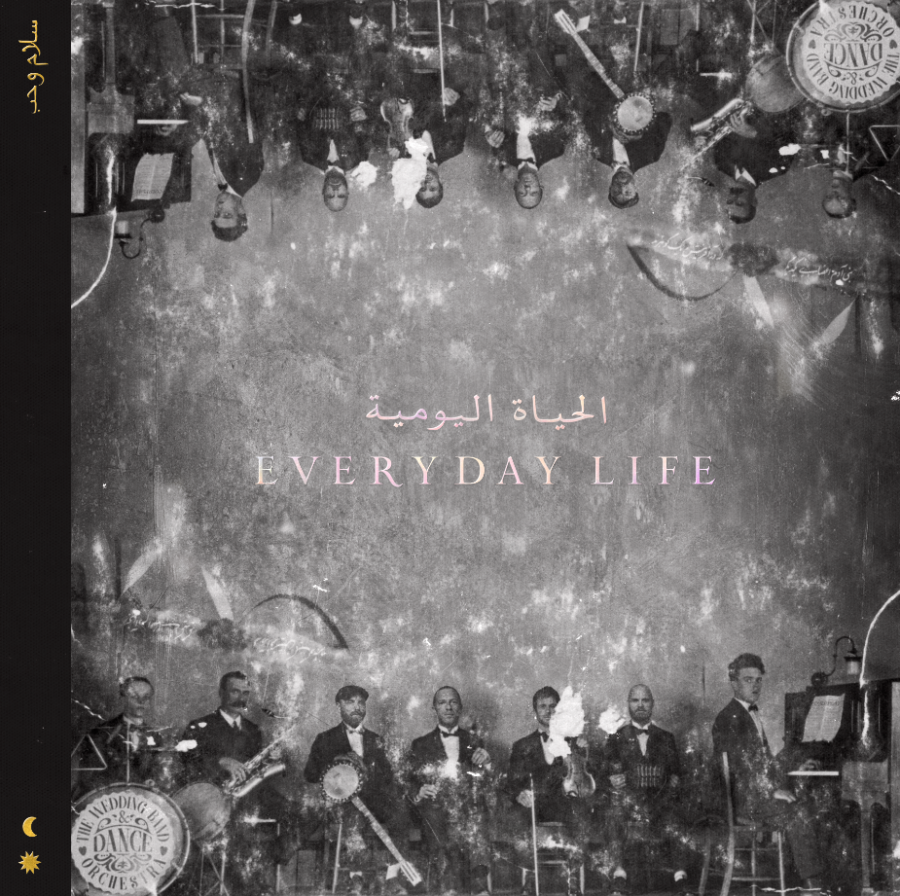Four years had passed between the time Young The Giant released their self-titled debut album and the release of the Southern California rock band’s “Mind Over Matter” in January.In this time, anticipation among their fans, myself included, built immensely.
Generally, such a gap between albums denotes one of two directions. One possibility is that the time period was spent creating a master work, a serious upgrade from its predecessor (see: U2’s “All That You Can’t Leave Behind,” released three and a half years after “Pop”). The other is that the several years were filled with touring, side ventures and other distractions, and the result is an album that seems hastily arranged and loses a band’s momentum (see: The Killers’ “Battle Born,” released four years after “Day & Age”).
However, “Mind Over Matter” strangely avoids either fate: though the album likely does little to elevate Young The Giant’s status, neither is it a sophomore slump.
Young The Giant’s eponymous first album is an entertaining listen, and is generally well-received by critics, garnering a 7/10 rating from the popular music magazine “Spin,” and even a 4.5/5 stars from the music website Consequence Of Sound.
However, the album did not feature a wide musical variety. In “Mind Over Matter,” Young The Giant clearly decided to go in a different direction musically, forgoing their raw sound for songs that utilize much more studio production.
The album opens with “Slow Dive,” a 40 second introduction reminiscent of something off Coldplay’s “Mylo Xyloto.” The soft chord progression builds in volume, and then drops off perfectly into “Anagram,” which proves to be a terrific opening song.
Playing like a song by The Strokes (with a little less grunge), the bouncy “Anagram” signifies the level of the album’s production, using backing strings to enhance the song’s climax. The closing chords also tie back to “Slow Dive,” completing a solid opener.
The album’s lead single, “It’s About Time,” comes next. I equate this song to a fight between Green Day and Justin Timberlake. If that sounds confusing, that’s because it is.
The verses feature clanging drums and heavy guitar chords, but in the chorus, the guitar drops to a light-strumming, and lead singer Sameer Gadhia transitions from shouting to a soothing falsetto, supported by some vocal harmony. It’s a strange combination, but the band pulls it off fairly well, making “It’s About Time” a good single.
The next two songs continue the good opening run, with “Crystallized” and the album’s namesake, “Mind Over Matter.” The former, an effective Imagine Dragons-esque collision of pop and rock, is the band’s second single from the album. The latter is, in my opinion, the highlight of the whole record. “Mind Over Matter” is a true arena-rock anthem, complete with synthesizers and strings.
At this point, the album drops off a little in momentum, though not in quality. After another Strokes-influenced track (“Daydreamer”) Young The Giant try their hand at two slower songs. The first, “Firelight,” showcases their versatility, and is an entrancing, chill, harmonious song that would make even a band like Fleet Foxes proud.
The second, “Camera,” displays more emotion than fans have come to expect from a band that is not known for lyrical depth. In fact, Gadhia told Entertainment Weekly that “[‘Camera’] is one of the more vulnerable songs that I’ve ever written lyrically.”
The energy picks up after these tracks, with a more traditional Young The Giant sound in “In My Home,” and “Teachers” and “Waves.” In between these is the less-traditional track “Eros,” which is upbeat and intriguing, and something fans of bands like Yeasayer could enjoy. Finally, the album closes on a strong note with “Paralysis,” another alternative mash-up of rock and pop elements.
Overall, I’d rate “Mind Over Matter” as on par with “Young The Giant” (the album) in terms of quality. The key difference for me is that Young The Giant’s variety in their more recent album yields an easier and more entertaining listen.
My only hope for Young The Giant’s next album is that they take a page out of Vampire Weekend’s book, and expand lyrically. Vampire Weekend found great success (in the form of Grammy Awards and No. 1 album recognition from “Pitchfork” and “Rolling Stone”) when adding profound and thought-provoking lyrics to their already inventive music.
If Young The Giant could add this dimension, while continuing to experiment with their sound, I believe they could be a powerhouse on the alternative rock scene.






